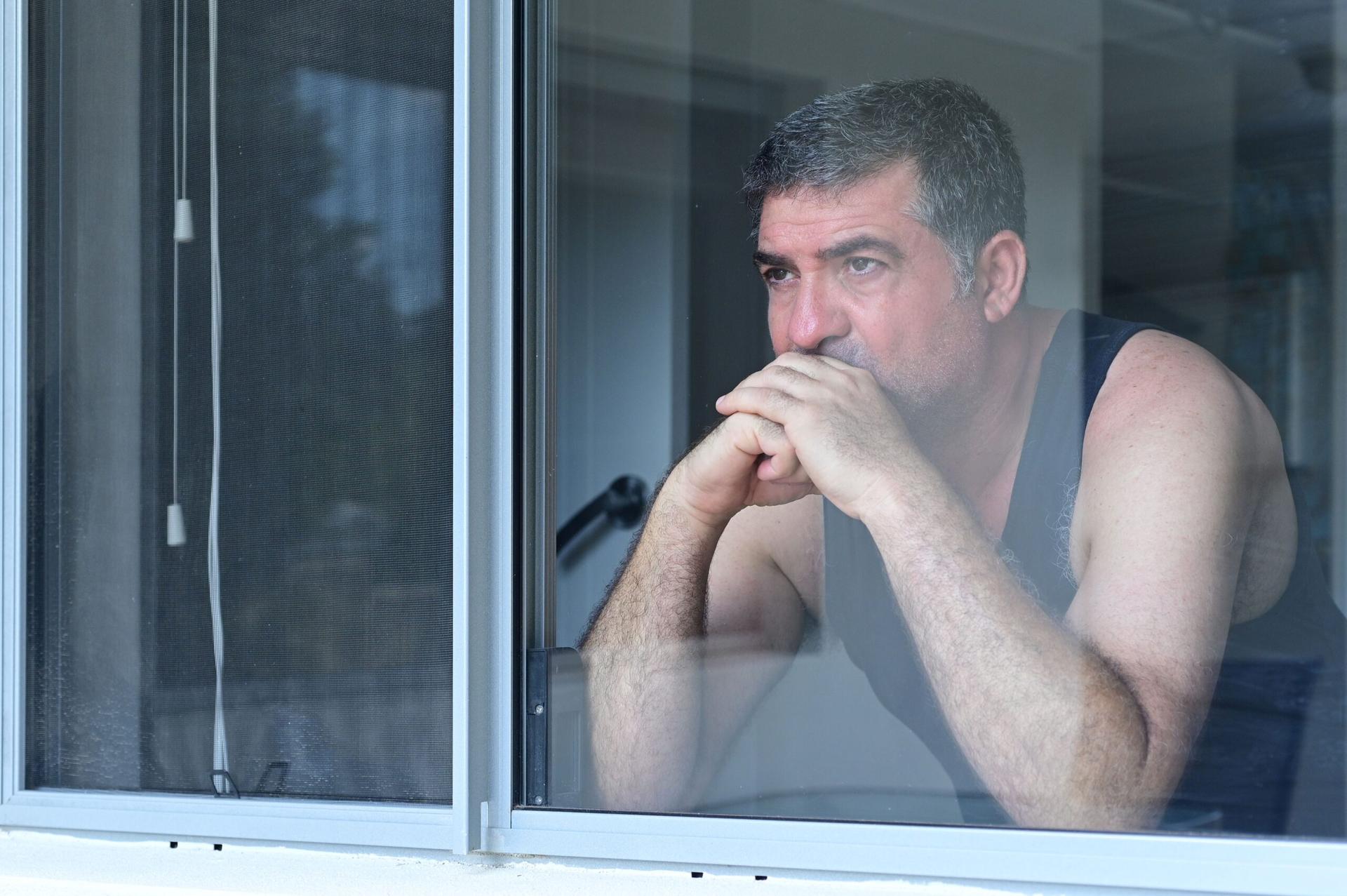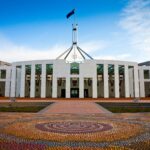Loneliness isn’t something we can afford to ignore, from the top levels of government all the way down to a personal level.
It is, according to Andrew Giles MP, Co-Chair of the Parliamentary Friends of Ending Loneliness, “the next global public health emergency we must address.”
The damage loneliness can cause is significant and scary. Its impact on individuals’ risk of premature death is similar to the impacts of obesity, substance use, poor mental health, insufficient physical activity, or limited access to healthcare.
While we understand the worrying levels of loneliness in our society and the impact it has on our health, there’s still more work to be done to understand how it impacts different groups in our society.
What is known, is that loneliness can affect anyone at any time, and in fact, most people will have to deal with it at certain stages of their lives.
The financial side of loneliness
As well as the health impact loneliness can have on individuals, it’s also a growing financial concern in Australia. A 2021 report from Curtin University stated the financial cost of loneliness in the country tallies up to $2.7 billion each year.
That is an equivalent annual cost of $1,565 for each person who becomes lonely.
These costs may arise from a range of factors, including higher healthcare spending due to the health effects of loneliness, increased use of social services by lonely people, and lower productivity in the workplace.
These costs may arise from a range of factors, including higher healthcare spending due to the health effects of loneliness, increased use of social services by lonely people, and lower productivity in the workplace.
Workplaces are highlighted by Ending Loneliness Together — a national network of organisations that have come together to address the growing problem of loneliness in people living in Australia — which estimates 37% of Australian workers feel lonely, although that number is likely to be greater now due to more people working remotely after the COVID-19 pandemic.
“The rapid changes in the design and structure of Australian workplaces, including increases in remote working, a shift to the ‘gig’ economy, and greater casualisation in employment can increase the risk of feeling lonely,” Ending Loneliness states in its 2020 White Paper.
“While intended to maintain productivity, emerging evidence suggests that such shifts to the way we work have also created a range of interconnected problems, including loneliness and lack of social connection, lack of creativity and motivation when working at a distance, and decreased employee loyalty.”
Loneliness can hurt employers’ hip pockets in many ways; if someone is lonely, they are likely to experience poor health and well-being.
These outcomes can then result in more sick days, more days lost to carers’ leave, lower productivity and lower staff retention.
Society as a whole may also incur costs related to loneliness, such as increased demand for social services and higher rates of unemployment and poverty.
The economics of loneliness, therefore, must be strongly considered when it comes to a holistic approach to tackling the issue.
In fact, in 2019, the National Mental Health Commission showed that for every $1 invested in programs that address loneliness, the return on investment is between $2.14 to $2.87 respectively.
The path forward isn’t yet clear, although we at Healthy Male support the push for a national strategy to ensure key leaders at government, community and organisational levels are all working together in the most efficient and impactful way.
As Ending Loneliness Together states in its 2022 White Paper: “Inaction will be costly. Fostering an integrated, systematic approach to addressing loneliness and social isolation will accelerate economic gains well beyond the health sector.
“As a nation, we need to work with leading organisations, community agencies, academic partners, and people with lived experience to develop, evaluate, and share cost-effective solutions for loneliness.
“By uniting all perspectives and approaches, we can mobilise the best available evidence, identify and fill gaps in the knowledge base, maximise systemic approaches, and enable the Australian Government to effectively respond to loneliness.”















